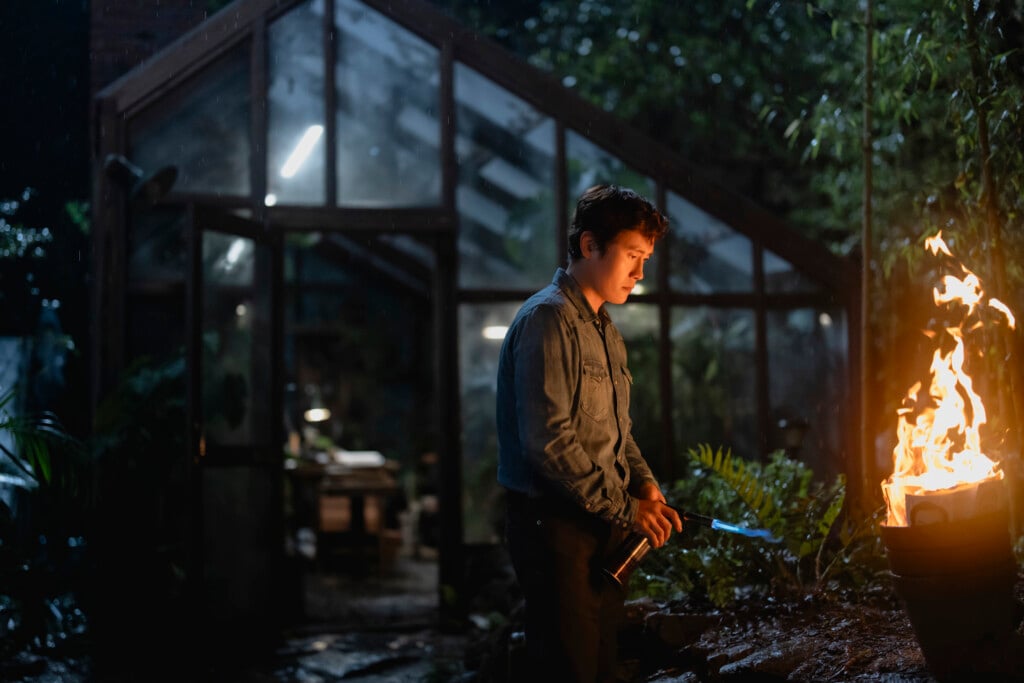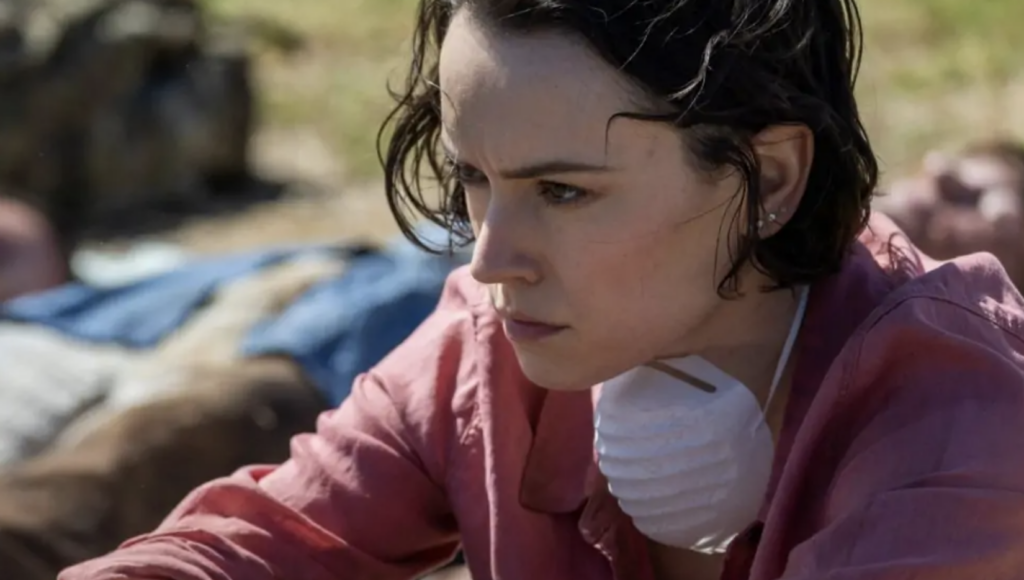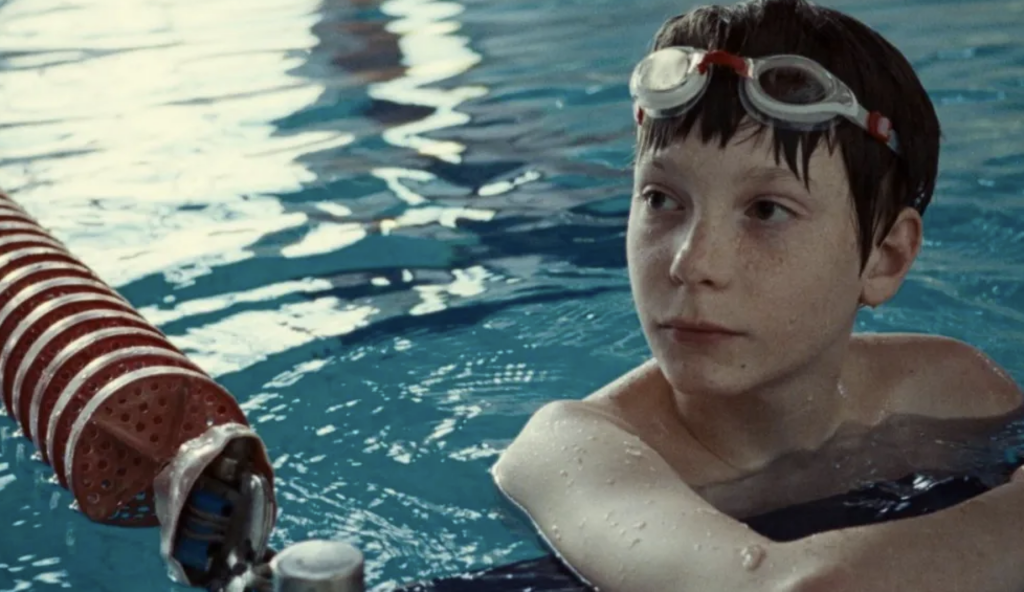Badlands
Hold still” — it’s what the hunters say to the hunted in Joel and Ethan Coen’s No Country for Old Men. The first time we hear the words, they’re spoken by out-of-work Vietnam vet Llewelyn Moss (Josh Brolin), to the antelope he spies through his rifle sight while perched on the crest of a West Texas ridge. A bit later, steely assassin Anton Chigurh (Javier Bardem) instructs a terrified motorist to hold still as he places the lethal end of a pressurized cattle gun to the man’s head. By that point, not very far into the film, we know that one stands in Chigurh’s way at one’s usually immediate peril.
“Hold still” is also something that the Coen brothers seem to be saying to the audience throughout No Country for Old Men, which is the most measured, classical film of their 23-year career and maybe the best. Coming on the heels of the shrill, mannered Intolerable Cruelty and The Ladykillers, you’d scarcely have thought them capable of it. There are echoes of earlier Coen films here — in the Texas setting (Blood Simple) and the idea of simple, small-town folk caught up in criminal business (Fargo). But unlike the loquacious eccentrics that the Coens have placed at the center of most of their movies, the characters in No Country for Old Men are stoic, solitary figures who feel most at home in desolate landscapes, alone but for their fellow predators. And we become one with them, seeing and (especially) hearing things as they do — subtle anomalies in the atmosphere and terrain, such as the faint jangling of keys in an abandoned vehicle in a desert clearing where bad men have recently been engaging in bad business. It is to this grisly scene — a drug deal gone awry — that Chigurh travels in search of a briefcase piled high with cash. But Moss has been there first, and he left just enough scent for Chigurh to track.
Based on the novel by Cormac McCarthy, No Country for Old Men is, for most of its running time, a cleverly triangulated cat-and-mouse pursuit in which Chigurh stays a few short paces behind Moss while Sheriff Ed Bell (Tommy Lee Jones) closes in on them both.
If Chigurh is the movie’s bogeyman, then Bell is its moral compass, albeit one with its needle pointing straight to hell. A onetime believer in the forces of law and order, he has been worn down by what he sees on his beat and reads in the newspapers, and now his face is a mask of exasperation, the look of a man searching for salvation in a godless world.
The mechanics of No Country for Old Men recall those of a vintage film noir, and, in that respect, the movie is brilliantly executed — as gripping and mordantly funny a treatise on the corrosive power of greed as The Killing and The Treasure of the Sierra Madre. There isn’t a moment here that feels false, less than fully considered or outside the Coens’ control.
It’s easy to imagine how the Coens, whose Achilles’ heel has always been their predilection for smug caricature, might have turned McCarthy’s taciturn Texans into simplistic western-mythos archetypes. Instead, they’ve made a film of great, enveloping gravitas, in which words such as hero and villain carry ever less weight the deeper we follow the characters into their desperate journeys. Like McCarthy, the Coens are markedly less interested in who (if anyone) gets away with the loot than in the primal forces that urge the characters forward. “They slaughter cattle a lot different these days,” sighs a weary Bell late in the film. But slaughter them they still do, and all in No Country for Old Men are hunter and hunted, members of some endangered species trying to forestall their extinction. Even Anton Chigurh, it turns out, bleeds when wounded.




